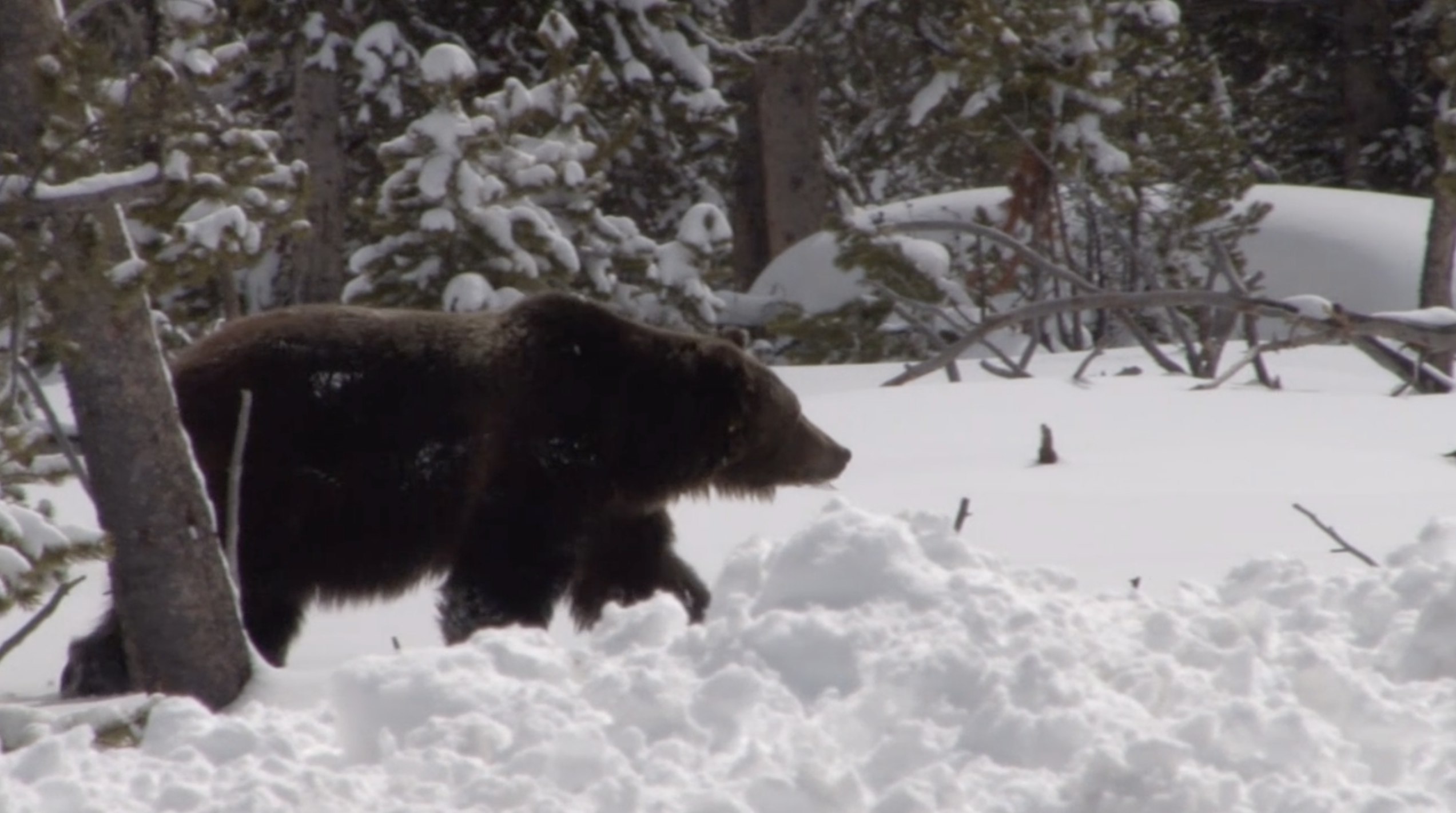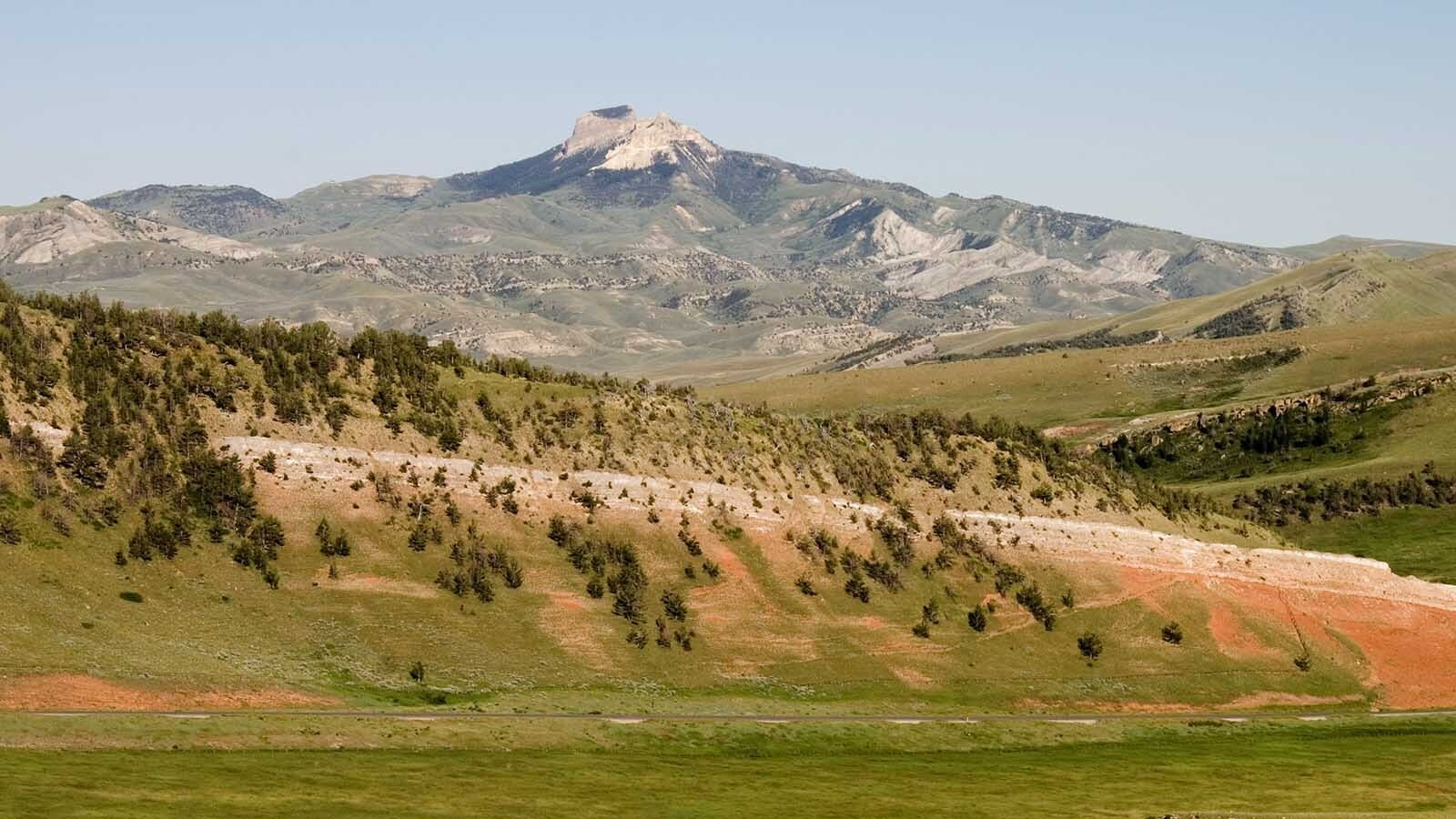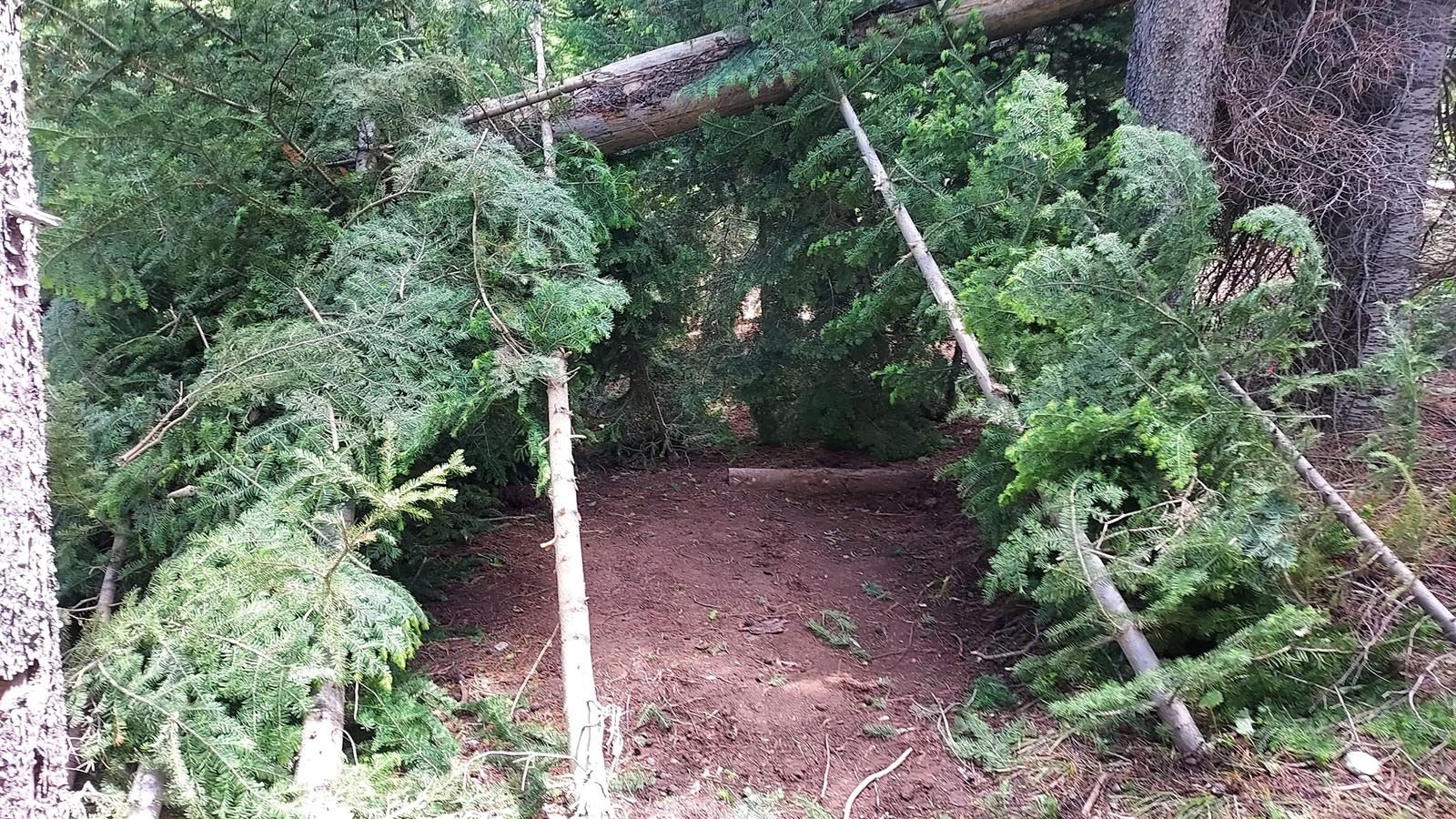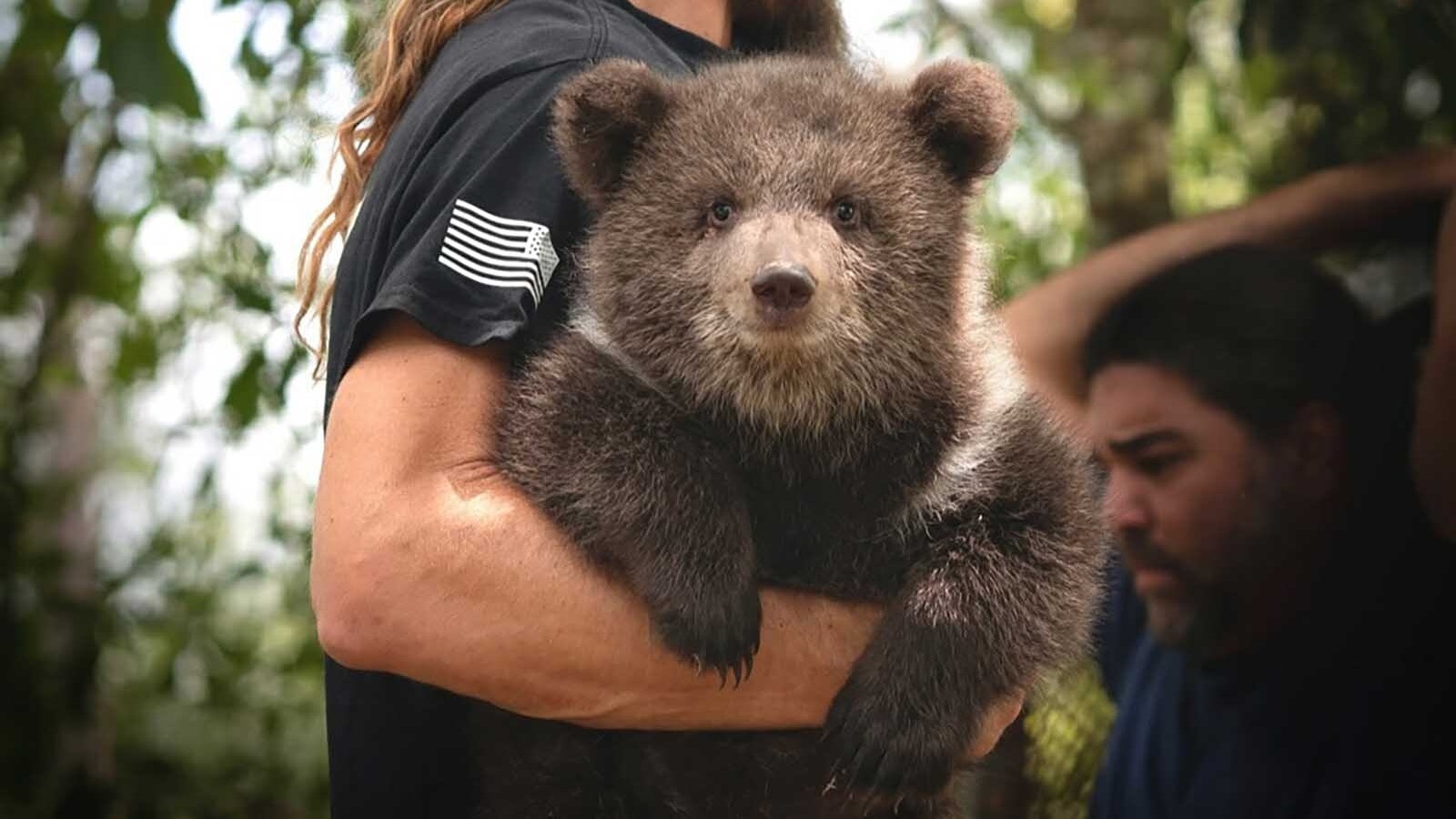A coalition of environmental groups plans to sue the state over a new law giving it the authority to conduct grizzly bear hunts.
The groups, including the Sierra Club, filed a notice this week with the state Game and Fish Department of their intent to sue over the statue, which was signed into law about a week ago by Gov. Mark Gordon.
The groups, in a news release, said the law is contrary to a federal judge’s ruling last year that said the U.S. Fish and Wildlife service erred by removing grizzlies from the endangered species list and giving management of grizzly bears to the state.
But backers of the law, as well as the law itself, maintain that federal laws such as the Endangered Species Act require cooperation between federal and state governments.
Senate File 93, signed into law by Gordon on Feb. 15, was the Legislature’s response to a federal judge’s ruling in September that halted a hunting season on grizzlies.
The hunting season was scheduled after the U.S. Fish and Wildlife Service had ruled recovery goals for grizzlies in Wyoming had been met and the animals could be removed from the endangered species list.The Fish and Wildlife Service is appealing the judge’s decision.
SF 93 would give the Game and Fish Department the right to declare a hunting season for grizzlies if it determined such a hunt would be beneficial to the state’s residents.
The coalition, which also includes the Center for Biological Diversity and Wyoming Wildlife Advocates, said the new law violates the Endangered Species Act and Supremacy Clause of the U.S. Constitution, which gives federal law primacy over state law.
“This state law directly and unlawfully conflicts with the clear mandate of the federal Endangered Species Act that grizzly bears not be shot by trophy hunters seeking their heads and hides for bragging rights,” said Nichola Arrivo, a staff attorney with the Humane Society of the United States (HSUS), another member of the coalition.
But the law’s backers maintain the Endangered Species Act requires federal officials to work cooperatively with states in managing endangered species, so the law is valid.
The law itself raises the same point.
“In enacting the Endangered Species Act, the United States Congress requires the United States secretary of the interior to cooperate to the maximum extent practicable with the states in conserving and managing any endangered or threatened species,” it said.
Jim Allen, an outfitter in Fremont County who served in the Legislature from 2015 through 2018, said if nothing else, the legislation would show the state’s intent that federal laws be administered in accordance with laws in effect in the state.
“What (bill sponsor) Sen. (Wyatt) Agar’s (R-Thermopolis) bill does is just one more statement by the state that can’t be ignored by the (federal) agencies,” Allen said. “State and county use plans are statements the federal government is supposed to abide by.”
While the federal government may not recognize the law’s validity, it will still send a message, Allen said.
“Nothing else that we’ve tried has worked to gain (grizzly bear) management, so why not pass a bill?” he said. “It can’t hurt.”





